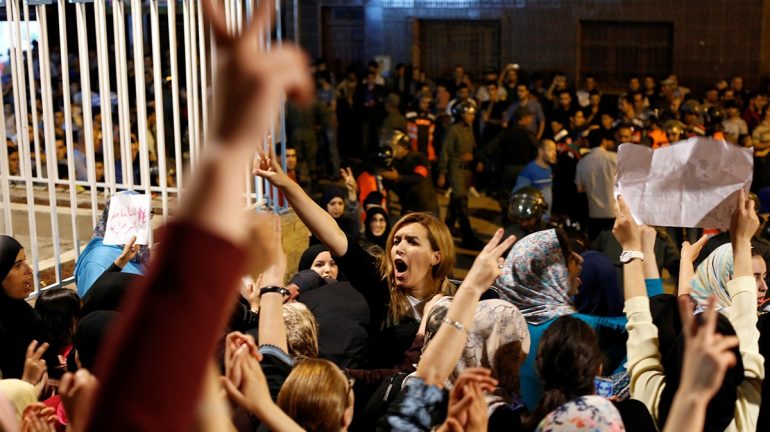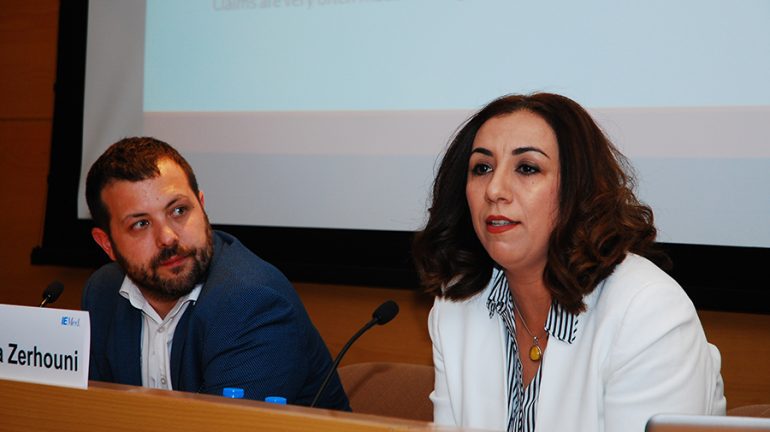Morocco: Popular Mobilization and the Politics of Change
28 March 2019. From 18:30 | Workshop | English | IEMed, BarcelonaPopular mobilizations to demand more economic and social rights and better governance are common in Morocco but the regime has been able to find strategies to weaken protests and maintain stability. This is what Moroccan political scientist Saloua Zerhouni calls strategies for “change within continuity.”
The rise of protests in Morocco in the last decade, from the February 20 Movement in 2011 to the most recent protests in the Rif and Jerada is explained by the fact that young people distrust traditional institutions (parties, unions…) of political mediation to convey to the government and the Royal Palace the discontent they feel in many areas, such as education, employment, health, justice.
King Mohamed VI’s push for constitutional reform to disable the February 20 Movement to the use of more aggressive strategies (co-optation, repression and intimidation, public discredit through the media) serves to weaken protests and keep the stability in the kingdom. However, the persistence of citizen mobilization makes it clear that the grievances are very much alive and that expectations of change are high, so if the demands are not met, especially social and economic, the recourse to repression can give rise to more violent forms of protest.







